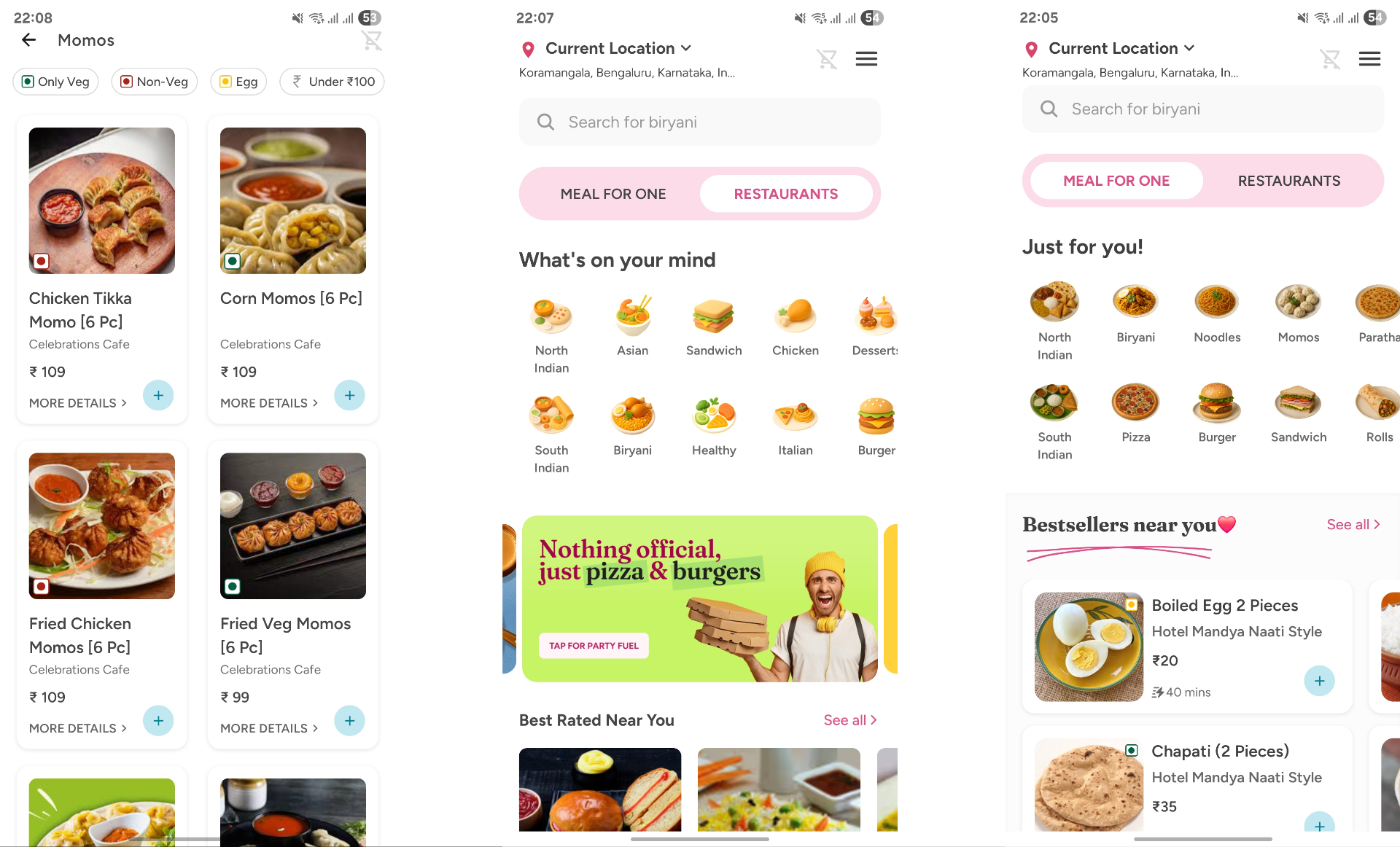In a bold move to diversify its offerings, a well-known ride-hailing platform in India has initiated beta testing for its food delivery service in Bengaluru. This strategic step aims to position the company as a formidable competitor against established giants in one of the fastest-growing food delivery markets globally.
The startup, which has been operational for a decade, is currently piloting its food delivery service in key neighborhoods of Bengaluru, including Byrasandra, Tavarekere, and Madiwala (BTM) Layout, as well as Hosur Sarjapura Road (HSR) Layout and Koramangala. This information was confirmed by the co-founder and CEO of the company, who shared insights with TechCrunch.
To facilitate this new venture, the company has established a fully owned subsidiary named Ctrlx Technologies, which will oversee the food delivery service branded as Ownly. Regulatory filings indicate that the CEO and the vice president of finance are listed as directors of this subsidiary, highlighting a structured approach to this new business line.
While there was no explicit reason given for the creation of the subsidiary, it appears to be a strategic decision aimed at mitigating potential conflicts of interest, especially considering that one of the major food delivery platforms holds a minority stake in the ride-hailing service.
Recently, the food delivery giant acknowledged in a communication to its shareholders that it would reassess its investment in the ride-hailing platform, citing possible future conflicts of interest.
In an exciting development, Ownly has launched its Android application on Google Play, offering food from local restaurants at prices approximately 15% lower than those found on competing platforms. This pricing strategy is designed to attract cost-conscious consumers looking for affordable dining options.

The competitive pricing model stems from the company’s decision not to impose hefty commissions on restaurants, which can reach up to 30% with other food delivery services. Instead, Ownly opts for a fixed fee per order, making it an appealing choice for restaurant partners.
With a fleet of around 10 million vehicles, including a significant number of two-wheelers, the company is well-equipped to handle food deliveries alongside its existing taxi and courier services. This extensive network allows for efficient logistics and timely deliveries.
To optimize delivery efficiency, the company plans to limit the visibility of restaurants that are located far from customers, thereby reducing fuel costs and improving delivery times. Additionally, the app will feature curated menu items to enhance user experience while ensuring profitability.
Insights gained from previous collaborations with major food delivery services have provided valuable data on peak demand times and popular restaurants, which the company intends to leverage for its own operations.
Founded in 2015, the company initially focused on bike taxi services before expanding into auto rickshaws, parcel delivery, and logistics. In recent years, it has also entered the cab service market, competing with established players through a subscription-based model that offers an alternative to traditional commission structures.
Furthermore, the company has partnered with an electric vehicle manufacturer to incorporate eco-friendly options into its fleet, enhancing its appeal in a market increasingly focused on sustainability. These strategic initiatives have contributed to a significant increase in the company’s valuation, marking its emergence as a key player in the industry.
According to industry reports, the online food delivery market in India is projected to exceed ₹2 trillion (approximately $23 billion) by 2030, indicating a robust growth trajectory. Currently, one of the major players holds a dominant market share, while another competitor captures the remaining segment, showcasing the competitive landscape.
To date, the company has successfully raised substantial funding across multiple investment rounds, enabling it to expand its operations in over 250 cities and manage millions of rides daily. With a diverse investor base, the company is well-positioned to navigate the evolving market dynamics.
